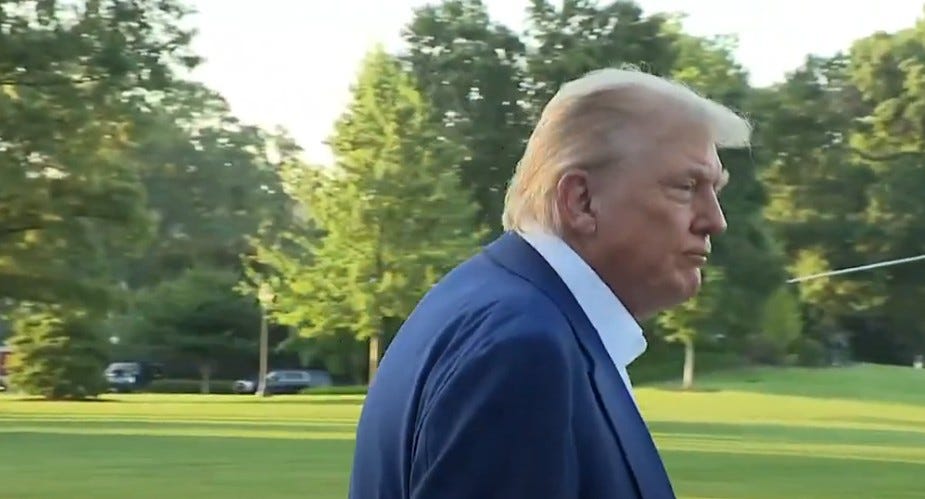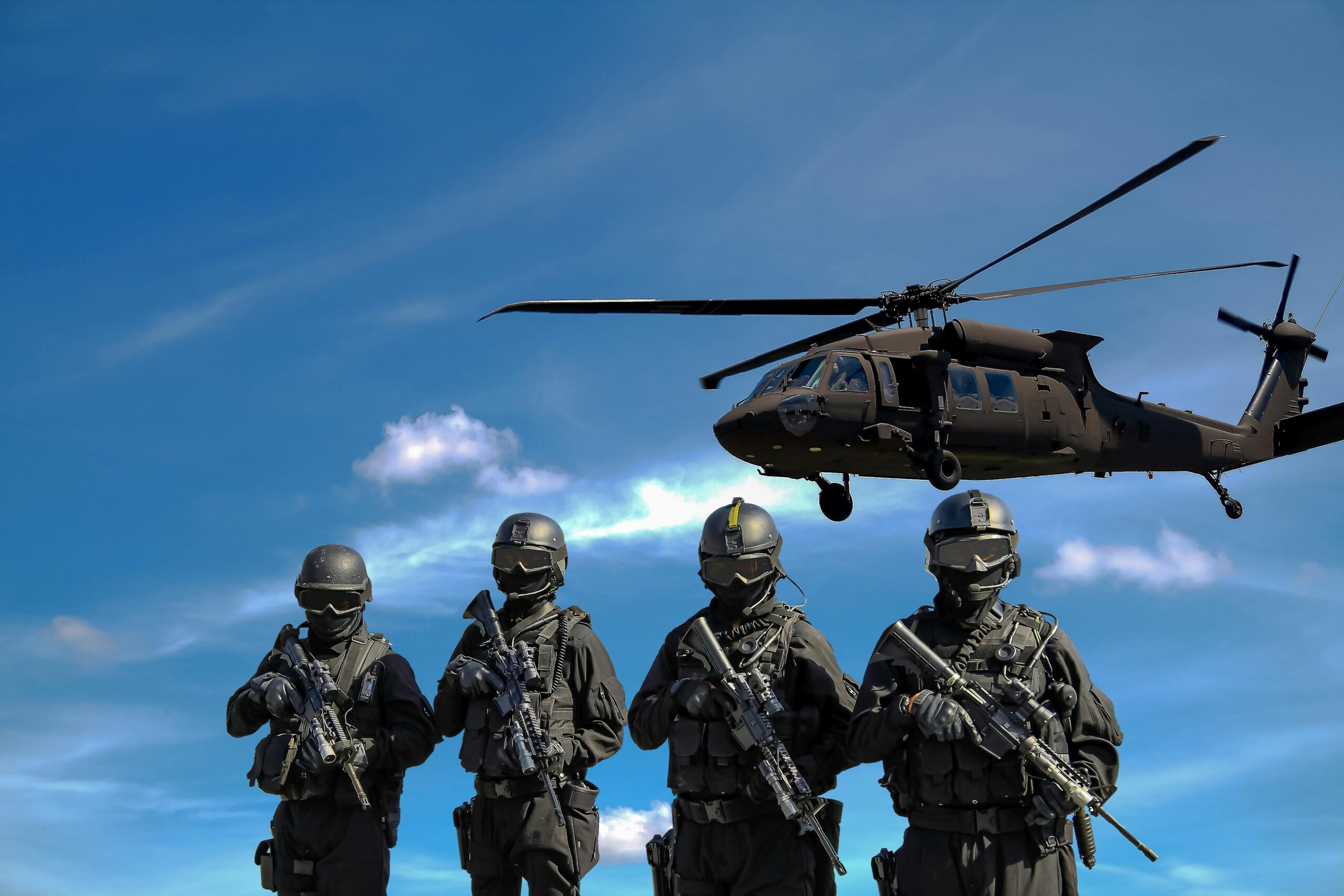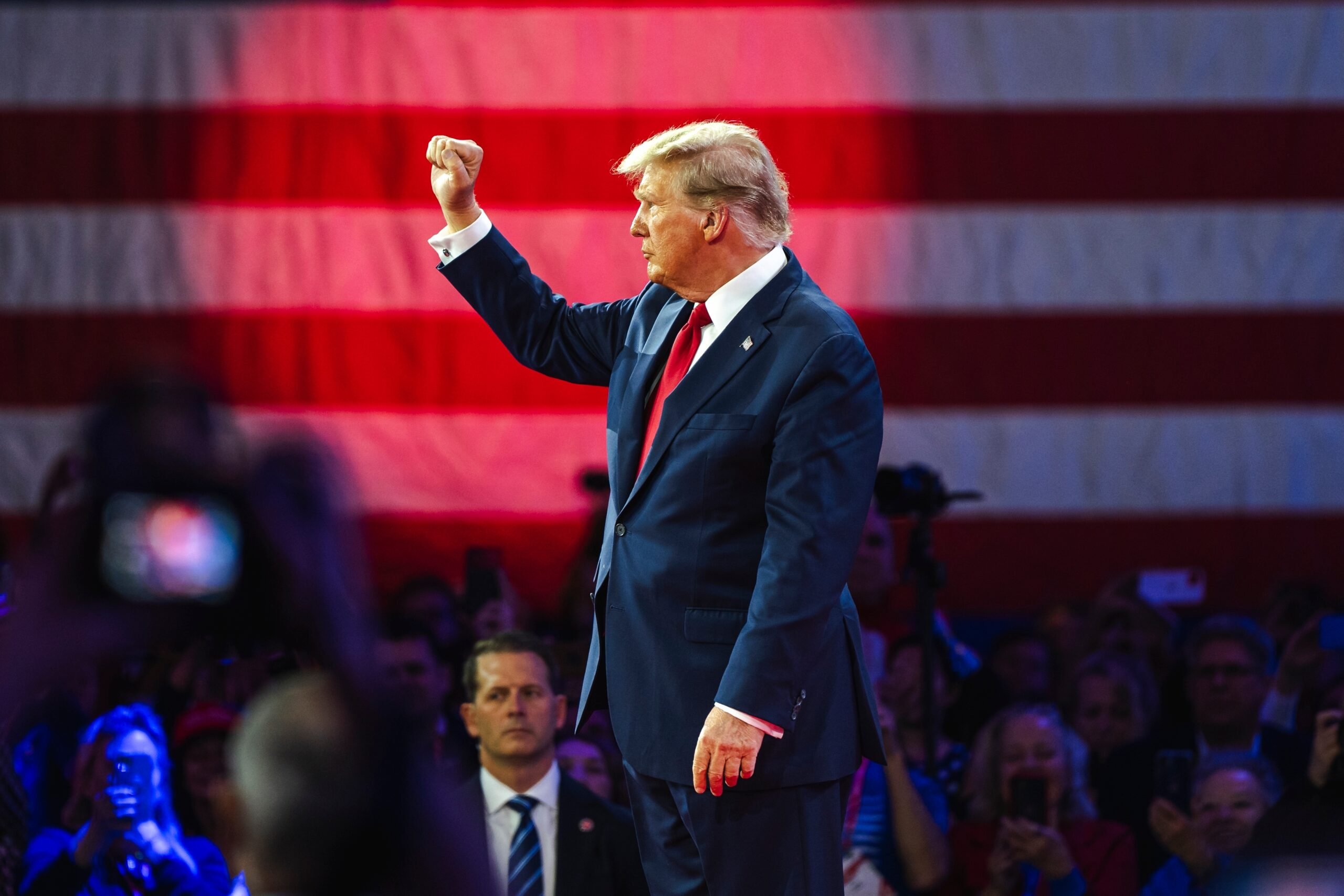Iran Threatens Response After US Strikes Nuclear Sites
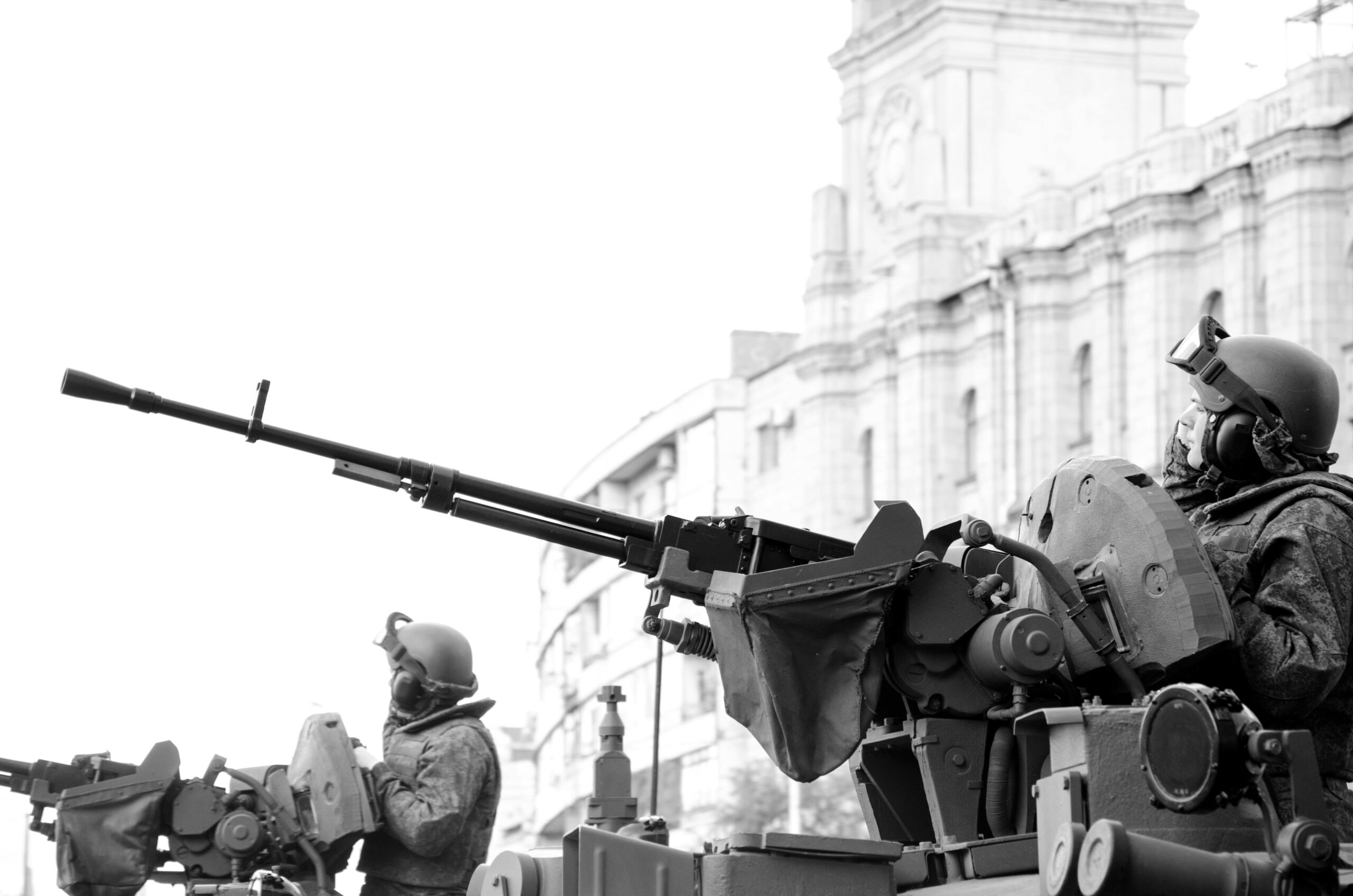
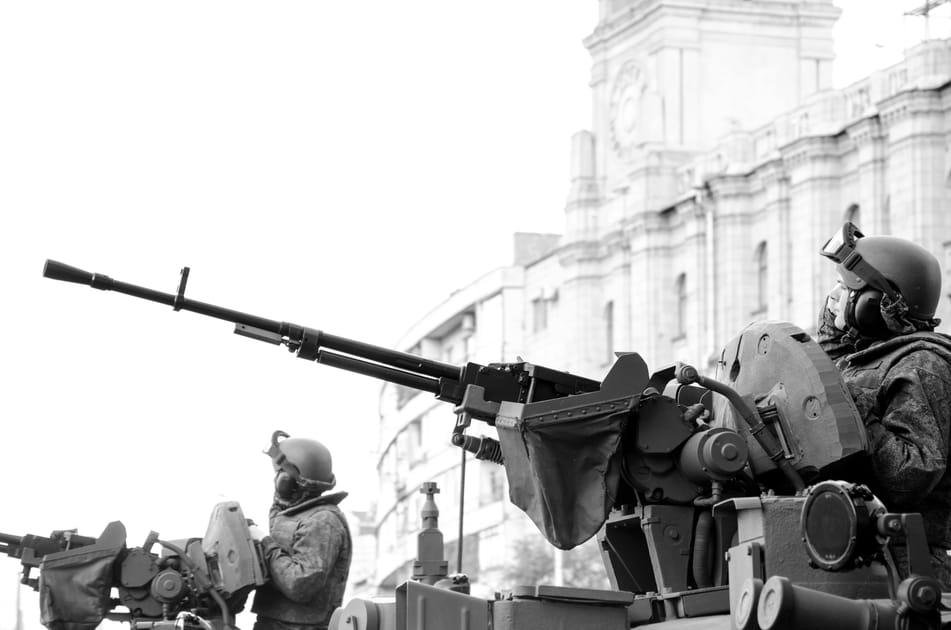
This article was originally published by The Epoch Times: Iran Threatens Response After US Strikes Nuclear Sites
Iran’s foreign minister is in Moscow meeting with Putin to ‘coordinate’ their ‘positions.’
Iran said on Monday it has expanded the range of legitimate targets for its armed forces after the United States attacked three Iranian nuclear sites on Saturday.
Ebrahim Zolfaqari, spokesperson for Iran’s Khatam al-Anbiya central military headquarters, said on June 23, “Mr Trump, the gambler, you may start this war, but we will be the ones to end it.”
On June 21, U.S. forces used B-2 bombers to strike three Iranian nuclear facilities: Fordow, Natanz, and Isfahan.
Iran and Israel have been at war since June 13, when Israeli Prime Minister Benjamin Netanyahu launched strikes on Iran.
Israel Defense Forces spokesperson Brig. Gen. Effie Defrin said at the time that “preemptive and precise strikes” were carried out to prevent the Iranian regime’s ability to build a nuclear bomb.
On Monday, Tasnim News Agency, which is affiliated with the Islamic Revolutionary Guard Corps, reported that the commander of the Iranian army, Maj. Gen. Amir Hatami, also pledged a harsh response.
U.S. President Donald Trump suggested on Sunday that he may support regime change in Iran.
“It’s not politically correct to use the term, ‘Regime Change,’ but if the current Iranian Regime is unable to MAKE IRAN GREAT AGAIN, why wouldn’t there be a Regime change??? MIGA,” Trump wrote in a post on Truth Social.
Exiled Iranian royal Reza Pahlavi said in a statement posted on social media platform X on Monday, “As soon as the current regime is gone, we will rebuild Iran and we will Make Iran Great Again.”
Tehran denies that its nuclear program is for anything other than peaceful purposes.
The International Atomic Energy Agency (IAEA) said earlier this month that it is seriously concerned about Iran’s “rapid accumulation of highly enriched uranium.”
IAEA Director General Rafael Grossi later told Sky News presenter Yalda Hakim on June 18, “We came to the conclusion that we could not affirm there is any systematic effort in Iran at the moment to manufacture a nuclear weapon.”
He said the IAEA’s report found that Iran is enriching uranium to 60 percent, so “there were elements for concern.”
On Sunday, Russian news agency Tass reported that Iranian Foreign Minister Abbas Araghchi said: “Russia is a friend of Iran, we have a strategic partnership. We always consult with each other and coordinate our positions.”
On Monday, Araghchi met Russian President Vladimir Putin in Moscow.
“The absolutely unprovoked aggression against Iran has no basis and no justification,” Putin told Araghchi in televised comments. “For our part, we are making efforts to assist the Iranian people.”
The U.N. Security Council met for an emergency meeting on Sunday to discuss U.S. strikes on Iran’s nuclear sites, with delegates from Russia and China condemning the attacks.
Somalia’s delegate called for the creation of a nuclear-free zone in the Middle East.
Iran’s ambassador to the United Nations, Amir Saeid Iravani, told the emergency meeting: “Iran reserves its full and legitimate right, under international law, to defend itself against this blatant US aggression and its Israeli proxy. The timing, nature, and scale of Iran’s proportionate response will be decided by its armed forces.”
China’s U.N. ambassador, Fu Cong, said the Chinese communist regime is “deeply concerned about the risk of the situation getting out of control.”
Oil prices jumped on Monday to their highest level since January.
On Sunday, a member of the Iranian parliament’s national security commission, Esmail Kosari, was quoted by Iran’s media as saying, “For now, [parliament has] come to the conclusion we should close the Strait of Hormuz, but the final decision in this regard is the responsibility of the Supreme National Security Council.”
The Strait of Hormuz, a narrow waterway situated between Iran and Oman, connects the Persian Gulf to the Arabian Sea and the Gulf of Oman, serving as a vital artery in global energy trade. Nearly 20 percent of global oil shipments flow through it.
U.S. Secretary of State Marco Rubio played down the threat to the Strait of Hormuz.
“It’s economic suicide for them if they do it,” Rubio said. “And we retain options to deal with that.”
On Monday, Bloomberg energy and commodities columnist Javier Blas said on X that there is not a “hint of disruption” in the Strait of Hormuz.
“Multiple oil tankers crossing the Strait of Hormuz this morning, both in and outbound,” Blas said. “Oil loading across multiple ports in the Persian Gulf appears normal. If anything, export rates over the last week are higher than earlier in June.”
Reuters and Andrew Moran contributed to this report.
If you found this article interesting, please consider supporting traditional journalism
Our first edition was published 25 years ago from a basement in Atlanta. Today, The Epoch Times brings fact-based, award-winning journalism to millions of Americans.
Our journalists have been threatened, arrested, and assaulted, but our commitment to independent journalism has never wavered. This year marks our 25th year of independent reporting, free from corporate and political influence.
That’s why you’re invited to a limited-time introductory offer — just $1 per week — so you can join millions already celebrating independent news.
Source link



